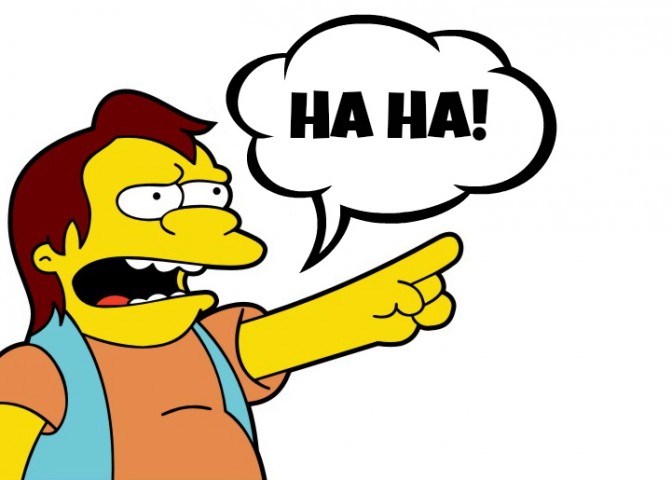The company that makes Japan’s legendary Shinkansen bullet trains certainly regrets working in China.
FORTUNE — One China defender recently claimed his countryman’s “bandit innovators” could be good for the world. That was small consolation for the Japanese, who say that China pirated their world-famous bullet train technology.
“Don’t worry too much about Chinese companies imitating you, they are creating value for you down the road,” said Li Daokui, a leading Chinese economist at the Institute for New Economic Thinking’s conference. Such “bandit innovators,” he expanded, would eventually grow the market, leading to benefits for everybody.
Kawasaki Heavy Industries (KHI), maker of Japan’s legendary
Shinkansen bullet trains, bitterly disagrees. After signing technology transfers with CSR Sifang, the builder of China’s impressive,
new high-speed rail, KHI says it deeply regrets its now-dissolved partnership. It planned to sue its previously junior partner for patent infringement, but it backed down recently.
Risk analyst Michal Meidan of Eurasia Group believes KHI is wise to drop the IP suit and stay out of China. “Every firm working in the high-tech space in China should be aware of the risks related to weak IP protection in the country but often has few choices but to go into these agreements if it wants to gain market share there,” she says. “The intense competition prompts companies to make concessions on technology transfers, as the Chinese are very good at playing off the competition.”
What could drive the normally unlitigious Japanese into such a frenzy? Not only did China copy their technology, say the Japanese, after patenting remarkably similar high-speed-rail (HSR) tech, CSR now wants to sell it to the rest of the world — as Chinese made. Both Japanese and European rail firms now find themselves frozen out and competing with their former Chinese collaborators for new contracts, inside and outside China.
With a diminishing domestic market, Japan’s train industry is hoping to pick up orders abroad for its HSR. Before China stepped in, undercutting Japanese offers by about half, Japan looked very attractive to foreign buyers with its record for fast, reliable train systems.
With more than 300 million annual riders, Japan’s Shinkansen — 50 years old next year — trains carry more passengers than those of any other HSR system. It has suffered no fatal accidents. The U.K. was impressed enough to complete a 540 billion yen deal with Hitachi, which also builds Shinkansen, to supply bullet trains by 2016.
The Motherland of train travel is not alone. Everyone is shopping around for high-speed solutions including the U.S., as the $180 billion global rail industry continues to boom.
Outside of Britain, Japan could easily find itself edged out by the Chinese competition. This makes KHI’s Harada Takuma, who worked on the Chinese collaboration, very angry. Under the licensing agreements with KHI, China’s use of the expertise and blueprints to develop high-speed railway cars was to be limited to domestic application, he explains. “We didn’t think it was not risky. But we took on the project because terms and conditions under the tech transfer should have been binding. We had a legal agreement; we felt safe.”
The Chinese authorities, for their part, see no problem. As Beijing busies itself filing for HSR patents abroad, it claims China developed her own HSR based on Japanese and German technologies which it claims were merely “digested.” When it was suggested that China trains were mere knockoffs at a press conference in China recently, the Ministry of Railways spokesman asserted that China’s HSR was far superior to Japan’s Shinkansen, and that the two “cannot be mentioned in the same breath.”
Others, such as a few Chinese engineers, have admitted no real innovation. That they were “just standing on the shoulders of giants” as one rail technician put it. Wherever the truth lies exactly, KHI’s train technology transfer saga is unlikely to be over soon.



